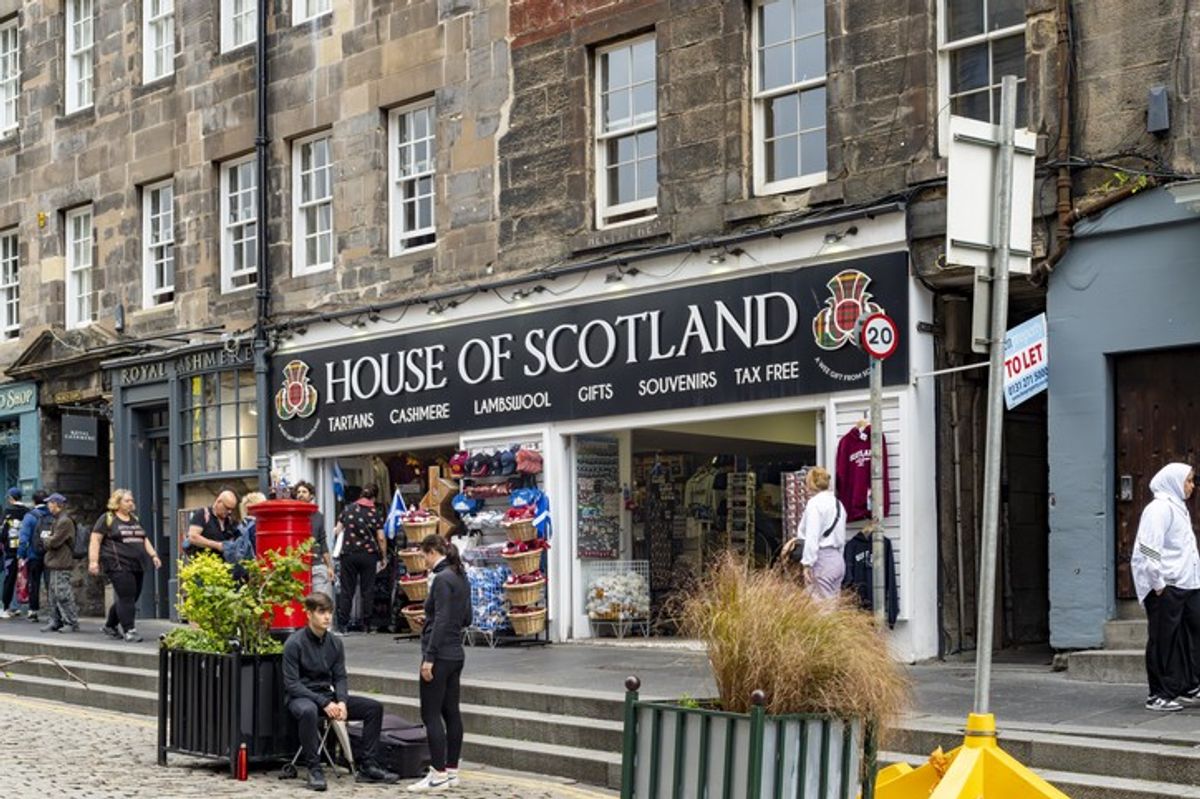The Scottish Government must urgently act to support the country’s struggling high streets, Labour has said, citing an analysis' findings that more than 10,000 retail jobs were lost in a year.
The data, based on the Scottish Government’s Business in Scotland report, showed that retail jobs in Scotland are at their lowest levels since at least 2010. It found there were 235,920 retail jobs recorded this year – down from 246,270 last year and 258,900 in 2010.
The drop was the sharpest in the last year. Between 2023 and 2024 alone, more than 10,000 jobs were lost from the industry – almost 1 in 20 retail jobs. In 2023 there were 246,270 retail jobs.
While there has been a shift to more online shopping, the impact of the covid pandemic can be seen in the statistics.
Between 2010 and 2020 the decline in retail jobs was around 8000 over a ten-year period. Between 2020 and 2024 however, the drop was almost 15,000 in just four years.
Scottish Labour has criticised the Scottish Government for not extending rates relief to the retail industry.
During her budget earlier this month, Finance Secretary Shona Robison announced a 40 per cent rates relief for the hospitality sector. Labour has called on her to match England and extend that tax cut to the retail sector.
Daniel Johnson, Scottish Labour economy spokesperson, said “The decline of our high streets is impossible to ignore.
“The pressure on retail businesses is bad for Scotland’s economy and for local communities.
“We need a real plan to support retail and breathe fresh life into Scotland’s high streets – including short-term rates relief and a long-term plan to level the playing field between local businesses and online giants.”
Johnson said the Scottish Government can still make changes to the budget for next year to help businesses with a similar scheme.
The draft budget, presented by Finance Secretary, Shona Robison, will be debated again in the new year before a final vote in the Scottish Parliament in February.


